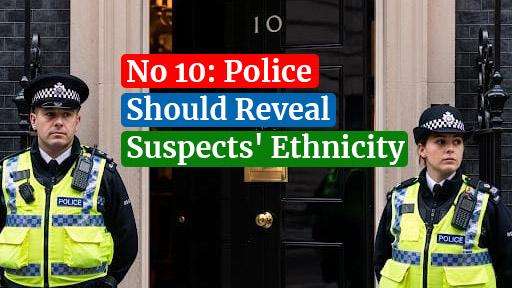The Bank of England's Monetary Policy Committee (MPC) is set to meet on Thursday, August 7, and is widely expected to cut its key interest rate for the third time this year, from 4.25% to 4%. This decision comes despite a recent uptick in consumer price inflation, which has once again put the central bank in a difficult position as it tries to balance controlling prices with stimulating a sputtering economy.
The anticipated cut to 4% would mark the fifth reduction since August 2024, when the base rate stood at 5.25%. While markets are pricing in an over 80% chance of a cut, the MPC remains deeply divided on the path forward, with some members concerned that underlying price pressures are not easing fast enough.
The Inflation Conundrum
Official figures released in July revealed that the UK's Consumer Prices Index (CPI) unexpectedly rose to 3.6% in the 12 months to June 2025, up from 3.4% in May. This is a significant 1.6 percentage points above the Bank of England's 2% target and the highest since January 2024. The increase was primarily driven by higher prices for petrol and diesel, as well as a rapid pick-up in food and drink inflation, which was at 4.5% in June.
This rise in headline inflation is particularly concerning to some policymakers, especially as it bucks the trend seen in the Eurozone, where inflation is expected to remain just below 2%.
Domestic Pressures Persist
Beyond the headline figure, the MPC is grappling with persistent domestic price pressures. Services price inflation and core CPI, which strips out volatile elements like food and energy, have remained stubbornly high. Services inflation was at 4.7% in June, a figure the Bank closely watches as an indicator of domestically generated price pressures.
Wage growth, while slowing from its peak of over 8% two years ago, is still running at just under 5% in the private sector. This is a crucial factor, as most policymakers believe a wage growth rate of around 3% is needed to be consistent with the 2% inflation target. The Bank's own surveys and forecasts suggest pay growth will continue to slow over the next 18 months, but the recent data shows this decline is not a smooth path.
Adding to the complexity are recent Purchasing Managers' Index (PMI) data for July, which indicated that British businesses are continuing to raise prices at a "robust pace."
The Broader Economic Picture
The expected rate cut reflects the Bank's growing concern over the broader health of the UK economy. Amidst rising unemployment and a slowing housing market, policymakers are looking to provide support to prevent the economy from stalling. The move also comes in the context of growing global economic uncertainty, including the impact of new tariffs from the United States.
Looking ahead, most analysts expect two more rate cuts in 2025, one in August and one in November, which would bring the base rate down to 3.75% by the end of the year. Some forecasts suggest rates could fall as low as 3.25% by the end of 2026. However, this is all contingent on inflation beginning to ease and economic data showing a clearer path to recovery.
The MPC's decision and the accompanying Monetary Policy Report, which sets out the economic analysis behind the decision, are eagerly awaited and will provide a crucial insight into the Bank's confidence in the UK's economic future.




_3.jpg)



.svg)



_1.jpg)

_2.jpg)